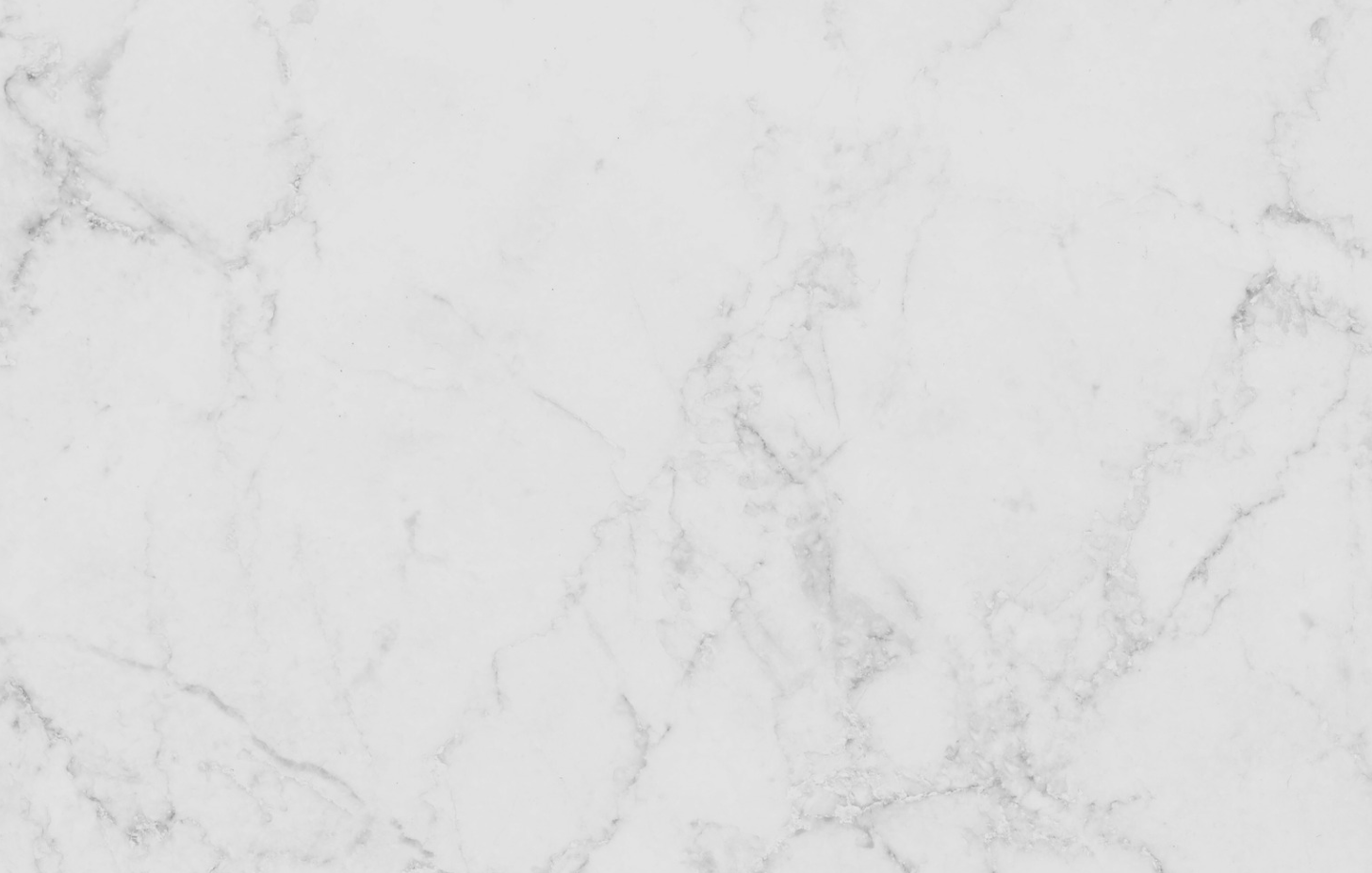
A VA loan is a mortgage loan in the United States guaranteed by the U.S. Department of Veterans Affairs (VA). This type of loan is available to eligible American veterans, active-duty service members, and certain members of the National Guard and Reserves. One of the primary benefits of a VA loan is that it often requires no down payment, making homeownership more accessible for military personnel. Additionally, VA loans do not require private mortgage insurance (PMI), which can result in significant savings over the life of the loan. They also typically offer competitive interest rates and have more lenient credit requirements compared to conventional loans. To qualify, borrowers must meet certain service requirements and obtain a Certificate of Eligibility from the VA. The VA loan program is designed to honor the service of military members by making it easier for them to buy or refinance a home.
VA (VETERANS) LOAN
0% down, 100% financing available!
Down Payment: Initial cash payment made by a buyer, representing a percentage of the property's purchase price, reducing the amount financed.
DOWN PAYMENT INFO
Front-End Ratio: Up to 45%
Back-End Ratio: Can sometimes be up to 65%!
Debt-to-Income Ratio (DTI): A key financial factor used by lenders to assess a borrower's financial health, calculated by dividing the total monthly debt payments by the gross monthly income.
Front-End Ratio: Calculates the percentage of a borrower's gross income that goes toward housing costs, including mortgage principal, interest, property taxes, and homeowners insurance.
Back-End Ratio: Encompasses all monthly debt obligations, including housing expenses (mortgage, property taxes, insurance) along with other recurring debts such as car loans, credit card payments, student loans, and any other financial commitments.
DEBT TO INCOME RATIO INFO
In California, VA loans don't have set maximum limits for eligible veterans and service members, allowing qualified borrowers the potential to secure a home loan without a defined maximum loan amount from the Department of Veterans Affairs. Lenders may establish their own limits based on individual factors like creditworthiness and income.
Max Loan Limit: The maximum amount set by lenders or government entities that determines the highest loan amount available to borrowers when applying for a mortgage, usually based on factors like location and the type of mortgage program.
MAX LOAN LIMIT INFO
VA loans typically do not require private mortgage insurance (PMI) or monthly Mortgage Insurance Premiums (MIP), even in California. This benefit is one of the key advantages of VA loans for eligible veterans and service members.
PMI: Private Mortgage Insurance is specifically associated with conventional loans. When borrowers put down less than 20% of the home's purchase price, lenders typically require PMI. It's provided by private insurance companies and allows borrowers to secure a mortgage with a lower down payment. PMI premiums are added to the monthly mortgage payments until the borrower reaches sufficient equity, usually when they've paid down the loan to 80% of the home's original value.
Mortgage Insurance Premium (MIP) is a mandatory insurance required for FHA (Federal Housing Administration) loans, designed to protect lenders against borrower default. Borrowers pay MIP both upfront and as part of their monthly mortgage payments, enabling them to secure FHA loans with lower down payments and more lenient credit qualifications.
MORTGAGE INSURANCE INFO
No minimum credit score required, although lenders are more hesitant to lend to sub-500 scores.
Credit Scores: Numeric representations, typically ranging from 300 to 850, used by lenders to assess an individual's creditworthiness based on their credit history, payment behavior, and financial reliability.
CREDIT SCORE INFO
Are gift funds allowed? - Yes, for downpayment and closing costs. Gift funds can cover 100% of these costs!
Are downpayment assistance programs available? No, unfortunately not.
Gift Funds: Monetary gifts provided by family members, employers, charitable organizations, or other eligible sources to help borrowers cover the down payment, closing costs, or reserves required for a home purchase.
Downpayment Assistance: Financial aid or grants provided by government agencies, nonprofits, or employers to help homebuyers cover a portion or the entire down payment required when purchasing a home. These programs aim to make homeownership more accessible by offering financial support to eligible buyers.






